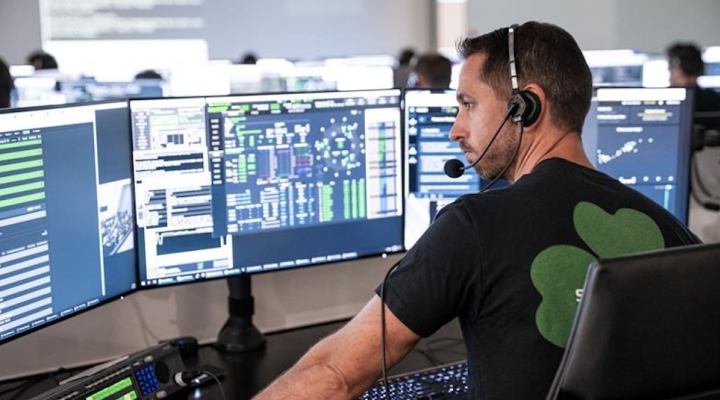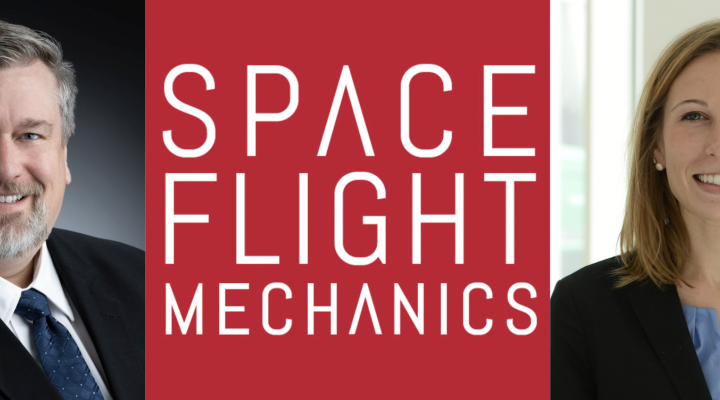Frank's research focuses on experimental droplet combustion in microgravity. The microgravity environment promotes a spherical symmetry for the droplet flame which boils down the complex nature of a diffusion flame into a one-dimensional problem. This configuration produces data that could help validating combustion reactions of a fuel. My research interest covers the combustion characteristics of a wide range of hydrocarbons, e.g. heptane, iso-octane, nonane, decane, toluene, propylbenze, butanol and its isomers, methyl butanoate and methyl decanoate, and biofuels derived from camelina and tallow for jet purposes.
This one-dimensional configuration can be further used as a tool to develop a surrogate fuel. Surrogate is a simpler form of a real fuel which comprises a smaller number of constituents and replicate the combustion behaviors of a real fuels. Real fuels such as gasoline, jet fuel, and bio-diesels are compared to the surrogates formulated with representative hydrocarbons that are of my interests. We are able to gain more understanding of the combustion behaviors of these fuel in terms of the evolution of the droplet size, flame size, and soot shell size which are relevant to a fuel's physical and chemical properties and are measurable in our experiments.
Experiments of the above studies are carried out in the drop tower in Upson 247, which allows for only 1.2 s low gravity time. This duration only permits investigation of the burning of a less than 0.8 mm droplet for typical hydrocarbons. In order to study the behaviors of much larger droplets (to show the effect of dimension), experiments are also implemented in the Multi-user Droplet Combustion Apparatus (MDCA) on board the International Space Station (ISS). We have observed strong dependency of droplet burning behaviors on their flame dimensions for n-heptane, n-octane, and n-decane. Future studies will continue to investigate effects of flame dimension and ambient gas for various surrogates formulated for conventional fuels and new generation fuels.
Frank has received honors and awards from:
- Lockheed Martin Student Award for Oral Presentation (2012)
- 2nd place in the Enabling Technologies Poster Competition from the American Society of Gravitaional and Space Research, New Orleans (2012)
- McManus Design Award (2010)
- Fellowship Award from the Chemical Engineering Department, National Taiwan University (9/2006-6/2007)





